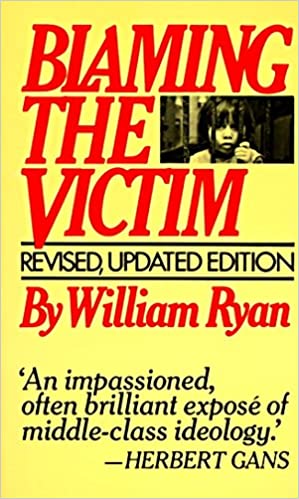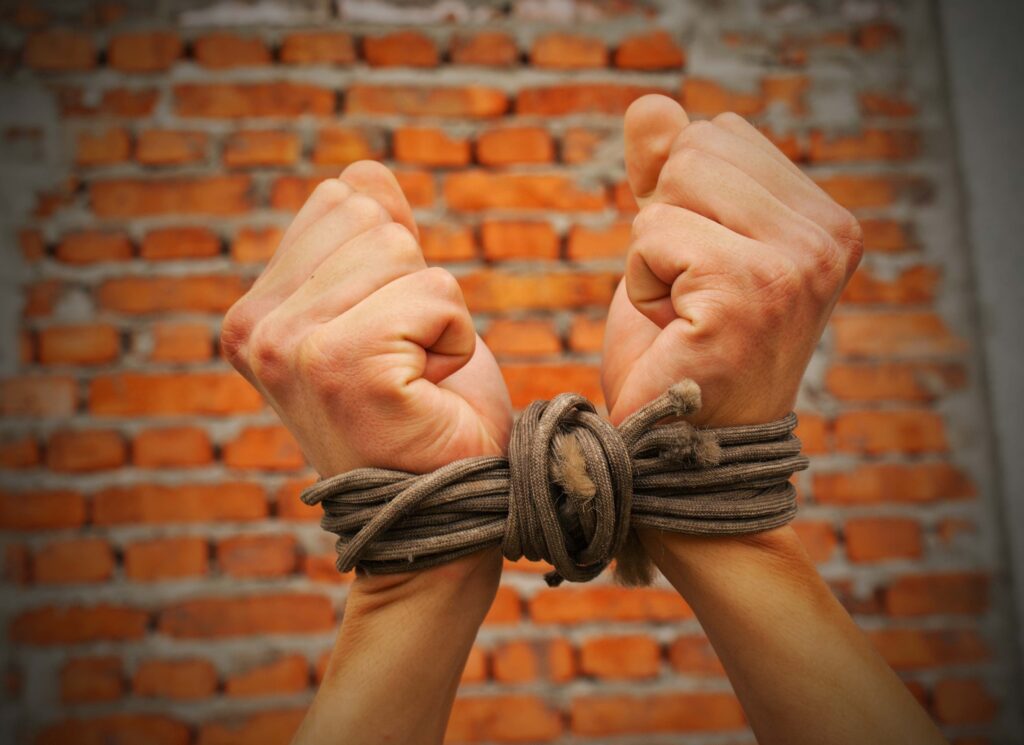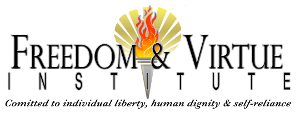The narrative inundating our public life and academic work is one of black oppression. We are told that black powerlessness is the direct result of the oppressive activity of the dominant white group. White America is guilty of “racism, classism, ableism, heterosexism, regionalism, sexism, ethnocentrism and ageism.”[1] In this view, if we are to understand the reality of oppression we must understand the nature of American society as prejudiced.[2] This idea is not a novelty: it has been alive among radicals for generations, and in recent decades has seeped into social work education and sociology. Now, however, it is mainstream.
William Ryan coined a phrase that has become both a cudgel and an alibi: “blaming the victim.” In the classic version of the ideology of victimhood, it is customary to reject the proposition that the personal behavior of the presumed victims has much to do with their condition. Ryan called the assignment of personal responsibility “a brilliant ideology for justifying a perverse form of social action designed to change, not society, as one might expect, but rather society’s victim.”[3]

The field of social work especially has become a hub for creating activists with the “blaming the victim” mindset. Herbert and Irene Rubin, for example, tell us that “blaming the victim is a form of social control that disempowers by denying people a legitimate focus for complaint.” They deplore the fact that “people often blame themselves for the bad things that happen to them.”[4] Instead, what scholar William G. Brueggemann calls “institutional deviance” is at play. Society is at fault and social activism is the cure. The question is not why a person engages in deviant behavior but why society brings him to that place.
For these ideologues, the answer is found in Hegel’s idea of alienation, which comes to them via Karl Marx’s materialistic interpretation of Hegel’s dialectic. The oppressed class creates impersonal institutions whose purpose is to perpetuate the power relationship of the oppressor-oppressed. These institutions and ideas constitute a superstructure. Among these find elements, we find the nuclear family, the churches and religion, ethics, morality, cultural trends, banks, laws, and also social expectations or virtues such as personal responsibility. All are established not because they have intrinsic value or are conducive to human flourishing, but instead because they are useful to maintain the balance of power.
According to Brueggemann, victim blamers shift responsibility from the capitalist system to the individual, or they may blame the anointed reformers—“socialists, pacifists, union organizers, social activists, community organizers, and civil rights activists”—instead of blaming the capitalist oppressors. They may also target a minority group—gays, the poor, blacks—as blameworthy for a given social ill.[5]
The solution these people propose begins with Marx again: the development of insight into the inexorable historical forces at play and the role of the victim in acquiring “class consciousness.” The victim must be empowered, and enlightenment “takes place as people recognize that they are victims of problems that are shared by many others.”[6] Through “consciousness-raising sessions” people come to realize that “their problems are caused by a broader social structure and occur because they redound to the advantage of others.” This gnostic “Victims-R-Us” system of thought provides a powerful reason to disengage from activity and to rebel in activism. From scenery in the drama of the oppressor, we are called to become scenery in the drama of forces outside our control—forces whispering softly into our ears that our debased condition, after all, is “their” fault.

Some scholars who blame society for individual misfortune point to low self-esteem as a by-product of victimization. “Persons who experience blame, shame, and stigma often assimilate this negativity into their self-image.… In general, feelings of powerlessness increase, often resulting in low self-esteem, alienation, and despair.”[7] But this theory does not fit the evidence. As Orlando Patterson demonstrates, studies of self-esteem amply show that, while up to the 1960s African-Americans exhibited low levels of ethnic and individual self-esteem, that trend has been reversed.
The black underclass exhibits higher “self-regard” but lower “feelings of personal efficacy.” Afro-Americans experience a lower sense of internal control but high self-esteem.[8] It seems as if the identity of victim has been internalized, with individuals accepting personal failure as a result of external forces. This pattern is corrosive to the fabric of a people. Individuals tend to devalue areas where they personally fail as such failure can be easily attributed to these forces. If my educational attainment is low, then it is because of white oppression, and I need not pay much attention to my education—after all, I cannot be expected to excel until “whitey” fixes the problem.
As Patterson shows, the problem is no longer that individuals feel bad about themselves but that they exhibit a “sense of positive regard … from their commitment to blaming the system.… Lower-class Afro-Americans, with the full support of their leaders and professional psychologists, have come to respect themselves because they have no autonomy.” When individuals see important areas of self-development as unimportant and abandon a commitment to improve them, the results are devastating.[9]
We are truly hurting our generation with these senseless and destructive theories. Abandoning the appetite for the alibi of victimization is our priority as a people. If we fail, a dreadful and painful journey lies ahead.
[1] See Karla Krogsrud Miley, Michael O’Melia, and Brenda DuBois, Generalist Social Work Practice: An Empowering Approach (Boston: Allyn & Bacon, 2004), 89.
[2] See Philip R. Popple and Leslie Leighninger, The Policy-Based Profession: An Introduction to Social Welfare Policy for Social Workers (Boston: Allyn & Bacon, 1998), 98. There we read: “In fact, many policies, such as affirmative action and minority scholarships, are often proposed specifically for this purpose [to ameliorate the effects of societal racism, sexism, etc.]. On the other hand, individuals and groups often oppose social welfare policies and, although they generally don’t admit this, the reason for the opposition is often directly a result of racism and sexism.”
[3] William Ryan, Blaming the Victim (New York: Vintage Books, 1976), 78.
[4] Herbert J. Rubin and Irene S. Rubin, Community Organizing and Development, 3rd ed. (Boston: Allyn & Bacon, 2001), 81.
[5] William G. Brueggemann, The Practice of Macro Social Work (Belmont, CA: Brooks/Cole, 2002), 41–43.
[6] Rubin and Rubin, Community Organizing and Development, 89.
[7] Miley, O’Melia, and DuBois, Generalist Social Work Practice, 90.
[8] Orlando Patterson, The Ordeal of Integration: Progress & Resentment in America’s “Racial” Crisis (New York: Basic Civitas, 1997), 88.
[9] Patterson, Ordeal of Integration, 90–91.


